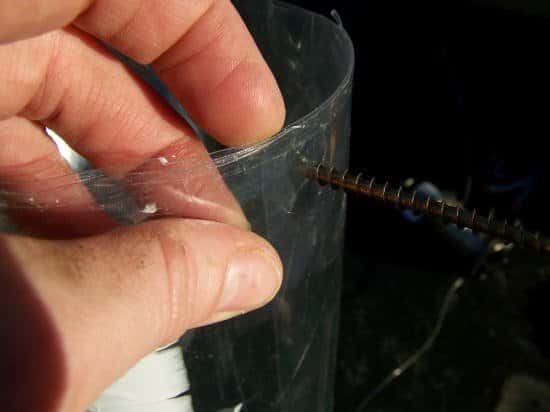R U INTERESTING :- LEARN how to make a pot to plant your tomato plants bottled in plastic bottles , it is a very simple project .
The perfect solution for people who want to enjoy home-grown tomatoes, but do not have a patio. We can grow our own food even with very few meters available .
This project is very simple and it will only take you about 15 minutes of your time to complete it. By cultivating in this way, we will avoid having to train the tomato plants .
Materials.
For this project we will need the following materials:
- PET bottles of 2 liters.
- Cuter.
- Scissors.
- Toothpick.
- Coffee filter.
- Rope.
- Tomato seedlings.
Before starting work we will have to calculate how many bottles and tomato plants we will need, depending on the space we have available. The variety of tomatoes recommended for this project is the cherry.
Instructions.
1. Wash a 2-liter soda bottle.



































